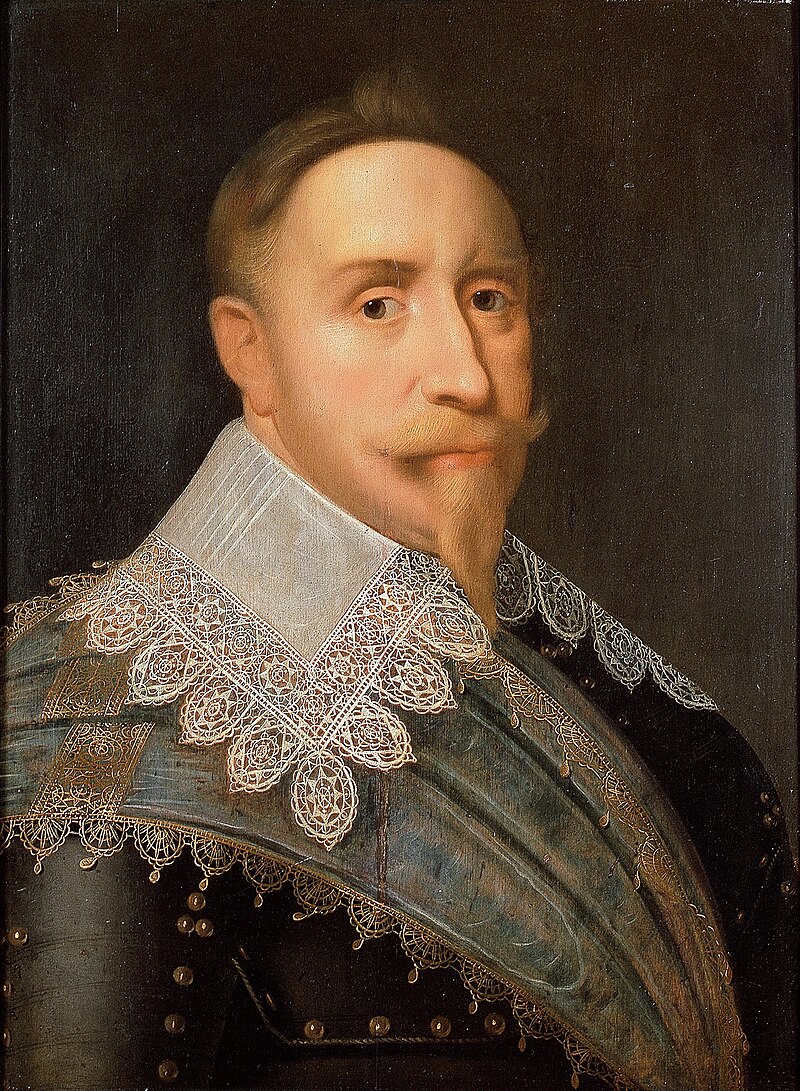The Lion of the North
The man who made Sweden a European power

King Gustav II Adolf Vasa - Wikipedia
"His Majesty is tall, well-proportioned in his build, with a radiant face, long blond hair, and a pointed beard." This is how a Dutch envoy described King Gustavus II Adolphus of Vasa (1594–1632) during a visit to the Nordic country in 1616. The description highlights the qualities of a king who had ascended the throne in 1611. Gustavus had received a strong military and political education from the age of six, which made him well-prepared for his role as a monarch.
Although he ruled over a kingdom still on the fringes of European history, Gustavus Adolphus immediately focused his efforts on elevating Sweden to the ranks of Europe's prominent powers. After securing peace with Denmark in 1613, he initiated sweeping reforms in 1614 to modernize Sweden’s medieval state machinery. These included the establishment of a Court of Appeal, the enhancement of Uppsala University, and the expansion of copper and iron trade with the Dutch, which boosted the national economy.
However, it was in the military arena that Gustavus II Adolphus left his most enduring mark. The king created a professional army, a concept previously absent in Sweden, instituting a 20-year mandatory draft and enforcing strict discipline (prohibiting alcohol and gambling, among other measures). This led to the formation of one of the most formidable armies of the 17th century, bolstered by the king's introduction of muskets on the battlefield.
Earning the respect of his people for elevating Sweden to the status of a great power, Gustavus II waged a successful war against Catholic Poland, culminating in the capture of Riga. In 1630, he landed on the continent to lead Sweden into the Thirty Years’ War against Catholic powers, aiming to secure dominance over the Baltic region. Strengthened by numerous battlefield victories and supported by France, the Swedish king decided to confront imperial forces at the Battle of Lützen.
There, however, he was struck down, unhorsed, and killed. With his death, Sweden withdrew from the conflict. At home, Gustavus was posthumously honored with the title "The Great" for his military achievements and contributions to the nation.
2025-06-15
Salvatore Ciccarello
